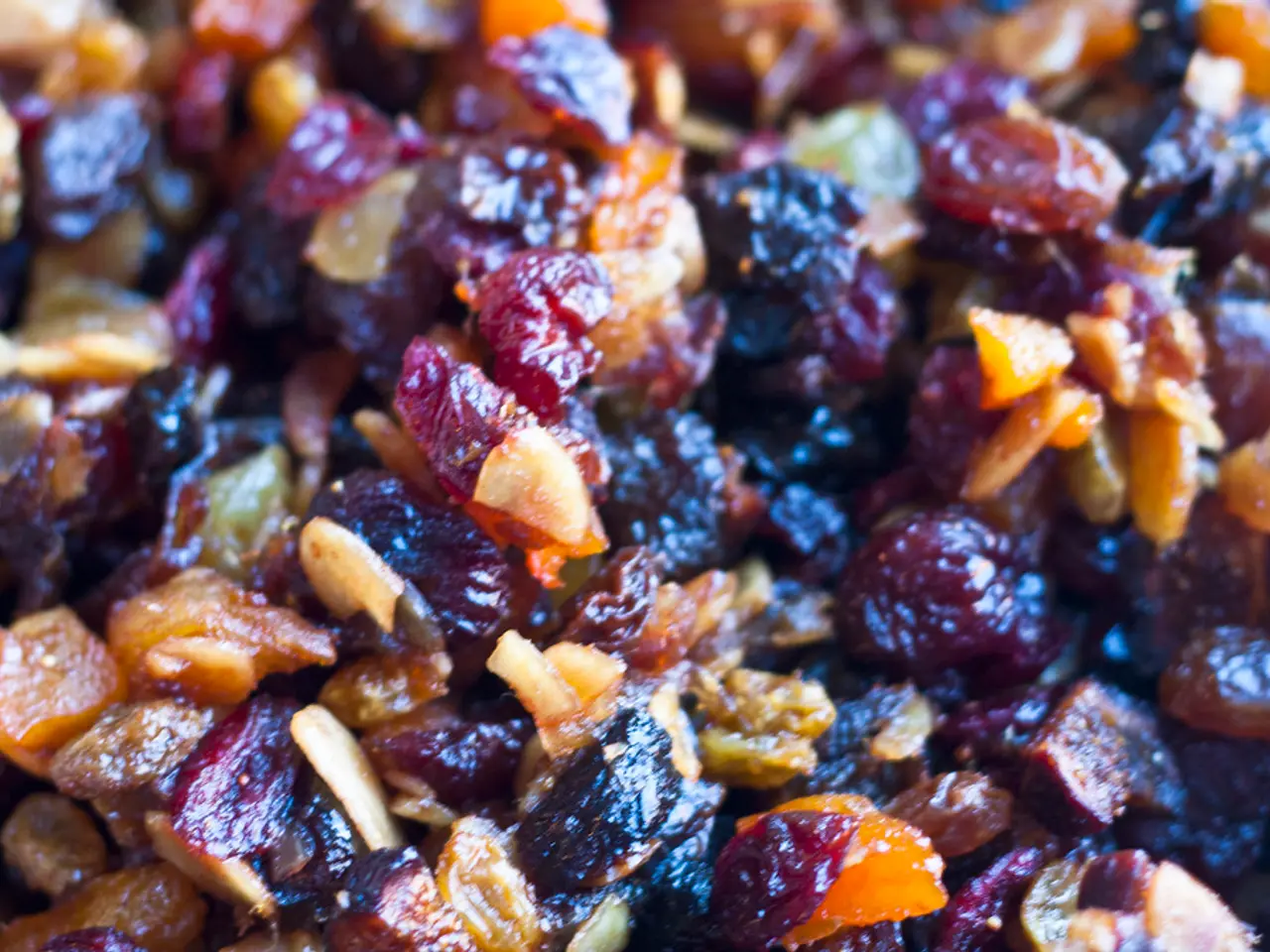Japan, the Nation Embracing Fermentation: Delving Deep into Traditional Preservation Techniques
Led by Tradition, Influencing the World: Japanese Fermentation
For centuries, the process of fermentation has been a game changer, preserving food and brewing liquor, and shaping cultures across the globe. In Japan, it's had a special impact, not just in creating iconic dishes, but in defining the entire flavor profile of Japanese cuisine. This summer, we're diving deep into the world of Japanese fermentation with a focus on three impactful categories: Food, Beverage, and Beauty.
Nourishing the Palate: Fermented Foods
From pickled vegetables to sticky natto, Japan's love for fermentation is evident in the country's rich culinary traditions. The secret to Japanese cuisine's exquisite flavors lies in koji mold, a living microorganism that breaks down other materials during fermentation. In Japan, this magical mold helps create essential ingredients like miso, soy sauce, mirin, and sake, that add depth and umami to Japanese dishes.
Did You Know?
- To learn the art of shaping Japanese cuisine, follow the Japanese Food Lab series with renowned chef Shinji Ishida and Giada De Laurentiis as your guides.
Tippling Traditions: Fermented Beverages
Japan's culinary legacy also includes some of the world's most revered fermented beverages, like sake (also known as nihonshu), which dates back at least to the Nara period (710 - 794). Sake is created from rice fermented with koji mold, providing a foundation for the unique flavors found in various types of sake. Other traditional liquors like shochu have a wide range of sources and processing techniques.
Contemporaryfermentation:
Discover the secrets behind sake in our feature article about this classic Japanese drink.
Aging Gracefully: Fermented Cosmetics
The fascination with fermentation extends to beauty as well. In Japan, the legend has it that sake brewers' hands remain remarkably smooth and ageless due to their prolonged contact with the brew. In response, cosmetics companies began researching the anti-aging and beautifying properties of fermentation techniques, most notably with the popular Japanese brand SK-II and their "pitera" ingredient, a type of fermented yeast associated with sake production. Today, many global beauty brands are integrating fermented ingredients into their cosmetics, catering to the growing trend of probiotics for the skin.
Probiotic Perks:
Find out how fermentation positively impacts your skin in our insights into the science of beauty.
The Fermentation Gurus:
Takeo Koizumi, PhD – Professor Emeritus at Tokyo University of Agriculture, he specializes in food culture, fermentation, and brewing sciences.
Makoto Kanauchi, PhD – Professor in the Department of Food Management at Miyagi University, with a focus on food fermentation and lactic acid bacteria.
Let the Journey Begin:
Join us as we explore the fascinating world of Japanese fermentation and the unique role it plays in shaping food, drink, and beauty. Stay tuned for more articles and insights on this microbial marvel!
- Japanese traditions in art, cuisine, and culture intertwine in the form of an enduring fascination with fermentation.
- In the realm of health-and-wellness and fitness-and-exercise, probiotics gained traction due to the study of anti-aging properties in fermented cosmetics, notably in the Japanese brand SK-II.
- Nutrition and healthy diets are often deeply rooted in traditional Japanese practices, as shown by the essential role of fermented ingredients like miso, soy sauce, and mirin in Japanese cuisine.
- As technology advances, scientific exploration of fermented foods and beverages continues, shedding light on their unique effects and potential health benefits.
- Events such as the Japanese Food Lab series, led by chef Shinji Ishida, offer an opportunity for education in the art of shaping Japanese cuisine.
- The film industry has also taken an interest in Japanese fermentation,with feature articles highlighting the secrets behind iconic beverages like sake.
- In the quest for knowledge, esteemed scholars such as Takeo Koizumi and Makoto Kanauchi contribute significantly to the understanding of food culture, fermentation, and brewing sciences.








